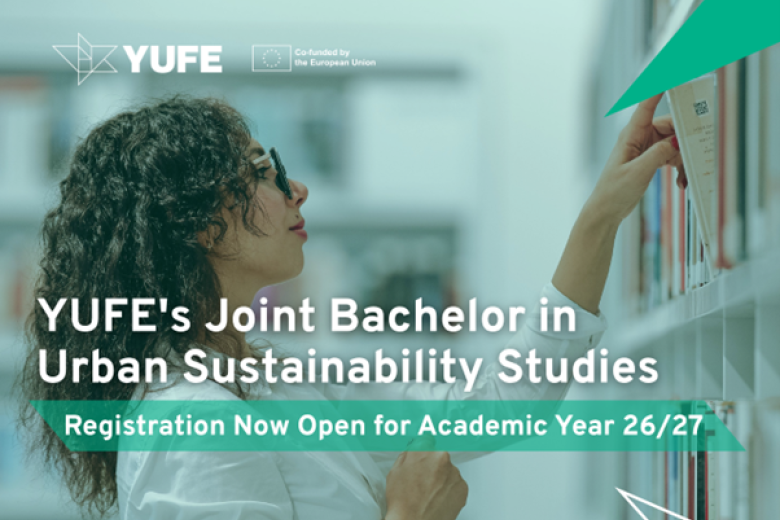Mariëlle Wijermars new member KNAW Young Academy
Mariëlle Wijermars is one of the ten new members of the KNAW Young Academy (De Jonge Akademie). Her membership will be of a duration of five years. Members not only have a demonstrated quality in science and scholarship, but also have a broad interest in the practise and communication thereof.
Mariëlle Wijermars investigates how authoritarian states, such as Russia, try to influence and limit the online dissemination of information. She examines policy, the role of (inter)national platform companies and technological systems in relation to each other. Why does one authoritarian state succeed in forcing social media to censor messages, while others do not? And what is the impact of 'invisible' forms of censorship, such as influencing search results on political topics?
About the Young Academy
The Young Academy of the Royal Netherlands Academy of Arts and Sciences (KNAW) is committed to the future of science. It promotes the value of science and improves the science system. This platform of fifty enthusiastic academics researches, advises, disseminates knowledge and brings people together.
Every year, The Young Academy appoints ten new, talented researchers to strengthen its ranks. The Young Academy is an independent platform of young scholars within the KNAW, with activities in the areas of interdisciplinarity, science policy, and the interface between science and society. The ten new members of The Young Academy come from the full breadth of science and conduct research on a variety of topics. During their five-year membership, they make a case for projects in the areas of science policy, interdisciplinarity, internationalization and the relationship between science society and science and art. All of the new members have proven themselves scientifically and have received their PhDs less than a decade ago.
Read who else was appointed as member on the Young Academy's website.
Also read
-
Legal thought made relevant and entertaining
Victor Hugo's conceptualisation of and influence on the law have been beautifully brought to life in the collaborative exhibition ‘Hugo and the Law’, which is now moving to the UM Library.

-
Open applications for YUFE’s joint bachelor in Urban Sustainability Studies 2026/2027
The Young Universities for the Future of Europe (YUFE) Alliance is excited to announce that registration for the academic year 2026/2027 is now open for its innovative YUFE’s Joint Bachelor in Urban Sustainability Studies.

-
The Right to Public Participation in Environmental Decision-Making: The Case of Air Quality Matters in the EU and the Member States.
PhD thesis by Justine Richelle
